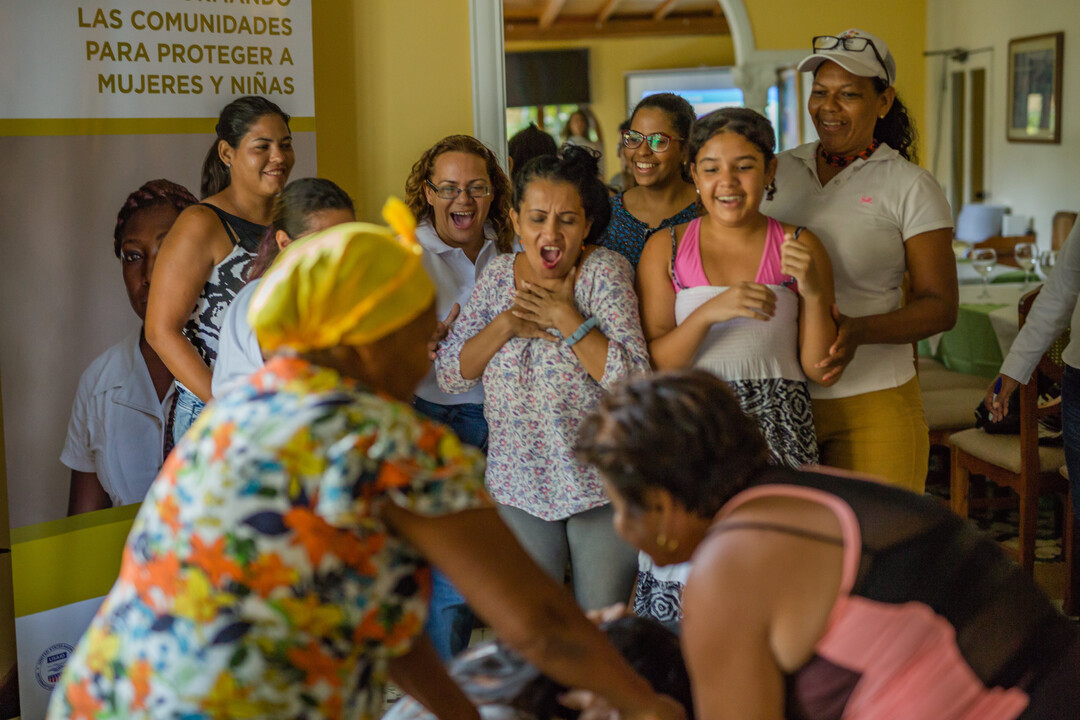
In a significant move to commemorate International Women's Day, the Directorate of Social Fabric, working alongside the Senior Citizen Unit and the Women's Unit of Nejapa in western San Salvador, has launched the "I Am, I Can" project. This initiative is a psychoeducational and experiential training program specifically tailored for young adult women living in vulnerable conditions.
The launch event was a powerful demonstration of the government's commitment to women's empowerment, emphasizing the critical role women play in society. Officials highlighted that this project aligns with Phase II of the Territorial Control Plan, known as "Opportunities," which aims to provide resources and support to underserved communities.
Key Objectives and Components:
Recognizing Women's Societal Role: The program seeks to acknowledge and celebrate the contributions of women to their communities and the nation.
Boosting Entrepreneurial Opportunities: Participants will receive training and resources to develop their business skills, fostering economic independence.
Suicide Prevention: A crucial aspect of the initiative involves providing mental health support and resources to prevent suicide, addressing a significant issue in vulnerable populations.
Emotional Intelligence Workshops: Trained professionals will lead workshops focused on exploring emotions and their connection to personal needs, promoting self-awareness and emotional well-being.
Business Skills Training: Participants will gain practical skills to start and grow their own businesses, empowering them to achieve financial stability.
The Directorate of Social Fabric is actively engaging with women and youth in vulnerable communities across El Salvador, striving to create positive and lasting change. This project represents a vital step towards building a more equitable and supportive society for women.
Additional Considerations:
It would be beneficial to include specific statistics on women's vulnerability in El Salvador to emphasize the project's importance.
Adding quotes from women participating in the program would provide a powerful human element to the story.
Information detailing how success will be measured, and how follow up support will be given would be beneficial.
Including information about the "Territorial Control Plan" would give the reader a better back ground on the project.
By addressing the emotional, social, and economic needs of women, the "I Am, I Can" project is poised to make a significant impact on the lives of women in Nejapa and beyond.
[Copyright (c) Global Economic Times. All Rights Reserved.]






























